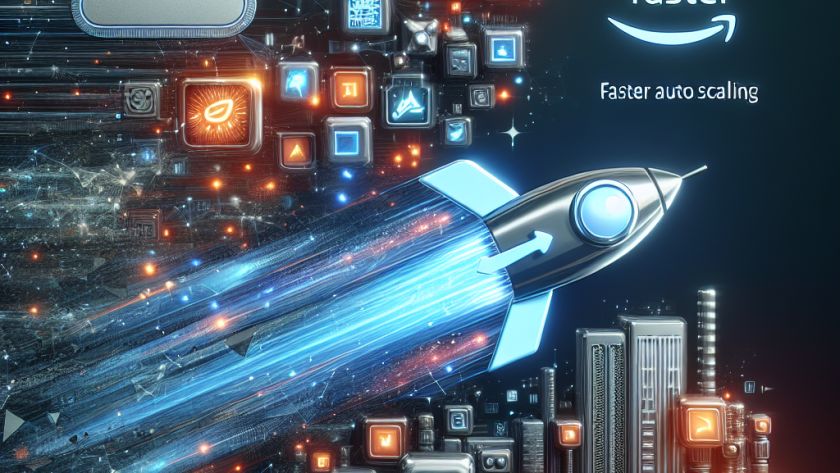Researchers at MIT and the University of Washington have successfully developed a model that can infer an agent's computational constraints from observing a few samples of their past actions. The findings could potentially enhance the ability of AI systems to collaborate more effectively with humans. The scientists found that human decision-making often deviates from optimal,…










